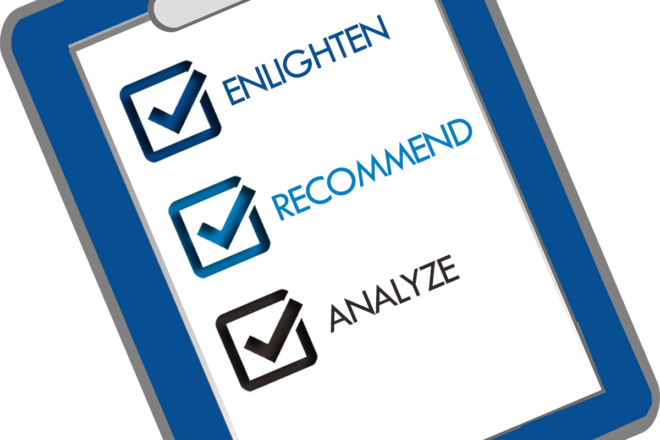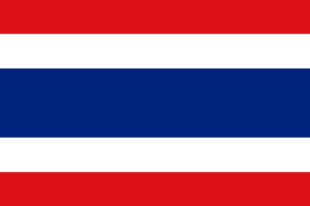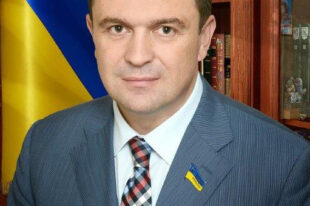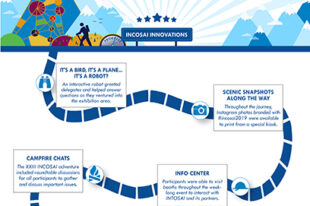Evaluation Working Group: Achievements and Future Prospects

Supreme Audit Institutions (SAIs) pursue three objectives when evaluating public policies: (1) enlighten public debate, (2) offer recommendations to improve or discontinue a public policy and (3) analyze the follow-up to these evaluations.
The Evaluation Working Group (EWG), composed of 22 SAI members and chaired by SAI France, was tasked with establishing widely accepted guidelines on evaluating public policies. The resulting document, “INTOSAI GOV 9400: Guidelines on the Evaluation of Public Policies,” was adopted at XXII INCOSAI in December 2016.
Following the International Organization of Supreme Audit Institutions (INTOSAI) Due Process, the EWG initiated a draft that highlighted the distinct characteristics of an evaluation and its methodology. The draft, submitted for exposure via the issai.org website, led to the formulation of 149 commentaries by 11 SAIs and international organizations, including the Organization for Economic Cooperation and Development (OECD) and the United Nations (UN).
All of the comments were analyzed and, if deemed relevant, were included in the Guidelines. The final draft, adopted by the Knowledge Sharing Committee (KSC) in September 2016, was translated into the five official INTOSAI languages and presented to the Congress for endorsement by Mr. Didier Migaud, Head of SAI France.
The purpose of INTOSAI GOV 9400 is to assist SAIs that practice (or plan to do so) public policy evaluation by (1) leading a neutral and independent analysis using a specific method, (2) allowing for the assessment of public policy usefulness, and (3) to offer, if warranted, recommendations. These Guidelines underline the unique features of a public policy evaluation, which consists of assessing effectiveness and efficiency, as well as consistency, relevance and usefulness.
The EWG’s work is ongoing, and several meetings have already been scheduled to continue valuable exchanges on methodologies and experiences among all members.
EWG’s agenda in the coming years include the development of a methodological workshop on the optimal combination of socio-economic studies and use of statistical data; an experience-sharing seminar using practical cases (particularly in health and education sectors); and a workshop on methodological issues identified throughout previous engagements. For further information, email program-evaluation@ccomptes.fr.





